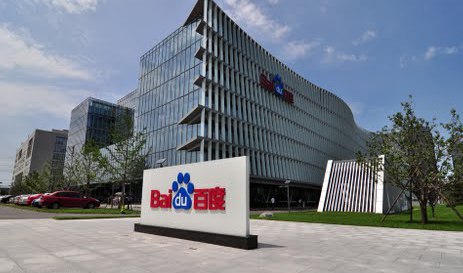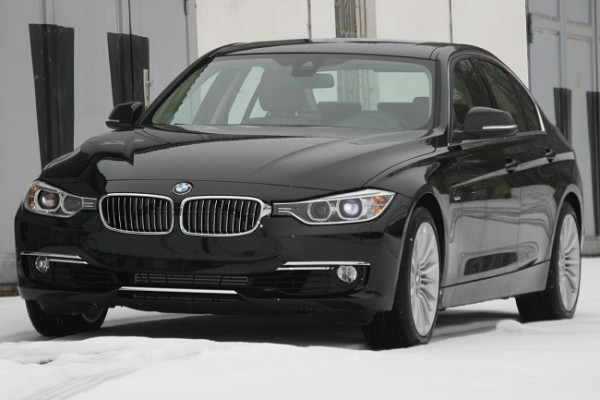
Chinese internet giant Baidu has announced plans to introduce autonomous vehicles to China by the end of the year. These cars appear to be based on BMW’s technology for semi-autonomous driving, but there are few details beyond the initial news report.
Baidu and BMW had announced a joint research project back in April 2014. The companies have been collecting data by driving test cars around the highways of Shanghai and Beijing, and have been making heavy use of the mapping services owned by Baidu. BMW already has cars capable of performing certain functions, although these appear to be expanded on those features. These prototype cars will be used to test the road-readiness of Baidu’s technology, which means that there will still be someone behind the controls if anything goes wrong.

Autonomous cars are still a massive question mark for many, especially with so few companies investing heavily in the technology. Google believes that the future lies in driver-less cars; however, it has been facing legislative issues in getting its cars approved for road use. Matters of insurance and liability in the case of an accident currently stall widespread deployment of these cars, although this shouldn’t be a problem for Baidu in China. Unlike the US, the structure of the Chinese government allows it to quickly fast track any legislation it wants. Baidu should have no problems convincing the government to allow it to get as many cars at it wants onto the streets.
The big question here is whether Baidu is up for building its own autonomous car. While BMW has had a solid track record for producing vehicles, Baidu recently brought its credentials into question by cheating on an online artificial intelligence contest. While the Chinese company has apologised for the incident, it does not shine a positive light on its current announcements.
[Source: The Guardian]
Follow us on Instagram, Facebook, Twitter or Telegram for more updates and breaking news.


